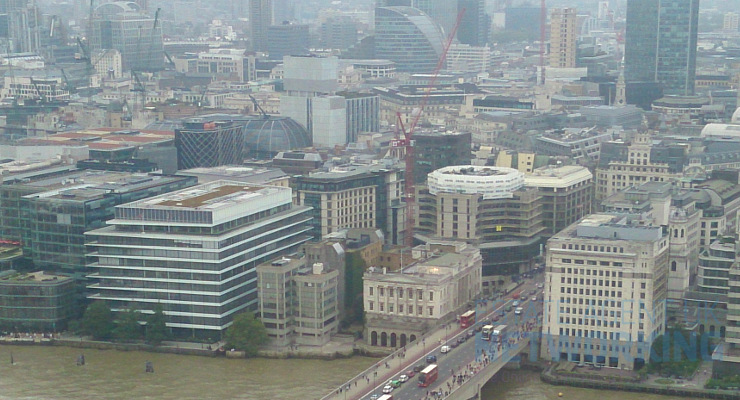Rentrification hotspots: 12 cities outperforming national rental growth
The latest research by letting platform, Bunk, has looked at the impact of gentrification on rental prices, and how rental growth in cities to have seen extensive regeneration compares to the national average.
Looking at 12 cities in England to have seen some of the largest levels of regeneration, Bunk found that the average rental price has increased by 21% in the last five years, compared to just 16% across England as a whole.
Many view the gentrification of an area in a negative light as it can drive up house prices and displace the local community who can no longer afford to live there. However, this does present an opportunity for landlords who have otherwise seen the financial return of their buy-to-let investment come under attack from an increase in stamp duty, less favourable tax incentives and the recent tenant fee ban.
The biggest boost has been in Manchester, with the relocation of the BBC and the regeneration of Salford Quays helping lift rental costs by a huge 38% in the last five years. Cambridge ranks second with rental prices up 31% since 2014 and with the green light given for 200 new homes on the Mill Road Depot site, this is set to continue.
Newcastle has also seen rents increase 31% closely followed by Bristol at 29%, with the city earmarked as a gentrification hotspot with wages up and a large amount of cultural investment.
Amongst some of the other largest rentrification uplifts are Portsmouth (19%), Liverpool (17%), Brighton (16%) and Oxford (16%) where rental costs have all performed at or above the national average.
While Reading (15%), Sheffield (15) and Birmingham (15%) all sit just below the national average, further investment suggests rents will continue to increase at a healthy level.
At 13%, London has seen the lowest level of rental growth despite remaining one of the most unaffordable areas of the nation. Sadiq Khan’s proposed rental caps will do little to encourage investment from buy-to-let landlords and could see the capital remain at the bottom of the pile, regeneration or not.
Co-founder of Bunk, Tom Woollard, commented:
“Regardless of your opinion on gentrification, one thing is clear. These transformations are positive in terms of the level and quality of housing stock being provided and there is certainly an appetite for these developments and for housing in areas to have seen drastic improvements.
The silver lining for the nation’s landlords is that this maintained demand pushes up prices and these areas provide a very good return on investment in a landscape that is currently rather tough.
So for those looking to invest, the best option is to get in early to an area that has been earmarked for regeneration but is still affordable at present, and you should see a healthy return despite the changes to the sector of late.”
|
Ranking – by city and change in average private rent
|
|
|
|
Gentrification Hotspots
|
Change in rent (2014-2019)
|
|
|
Manchester
|
38%
|
|
|
Cambridge
|
31%
|
|
|
Newcastle
|
31%
|
|
|
Bristol
|
29%
|
|
|
Portsmouth
|
19%
|
|
|
Liverpool
|
17%
|
|
|
Brighton
|
16%
|
|
|
Oxford
|
16%
|
|
|
Reading
|
15%
|
|
|
Sheffield
|
15%
|
|
|
Birmingham
|
15%
|
|
|
London
|
13%
|
|
|
Average of Gentrification Areas
|
21%
|
|
|
England
|
16%
|
|
|
Sources:
|
||
|
Average Private Rents
|
||
|
Gov
|
England
|
|
|
Statista
|
UK (2014)
|
|









